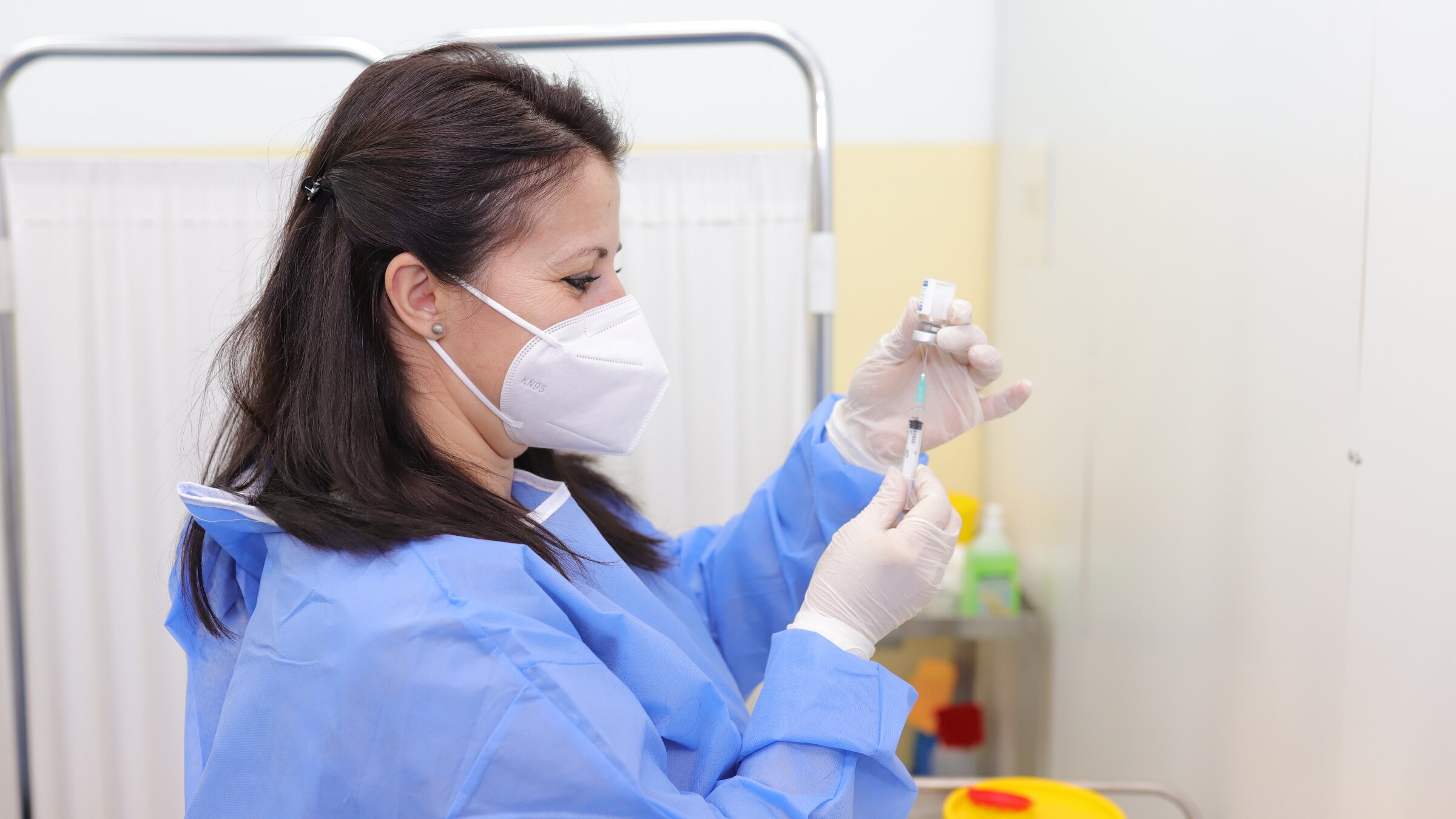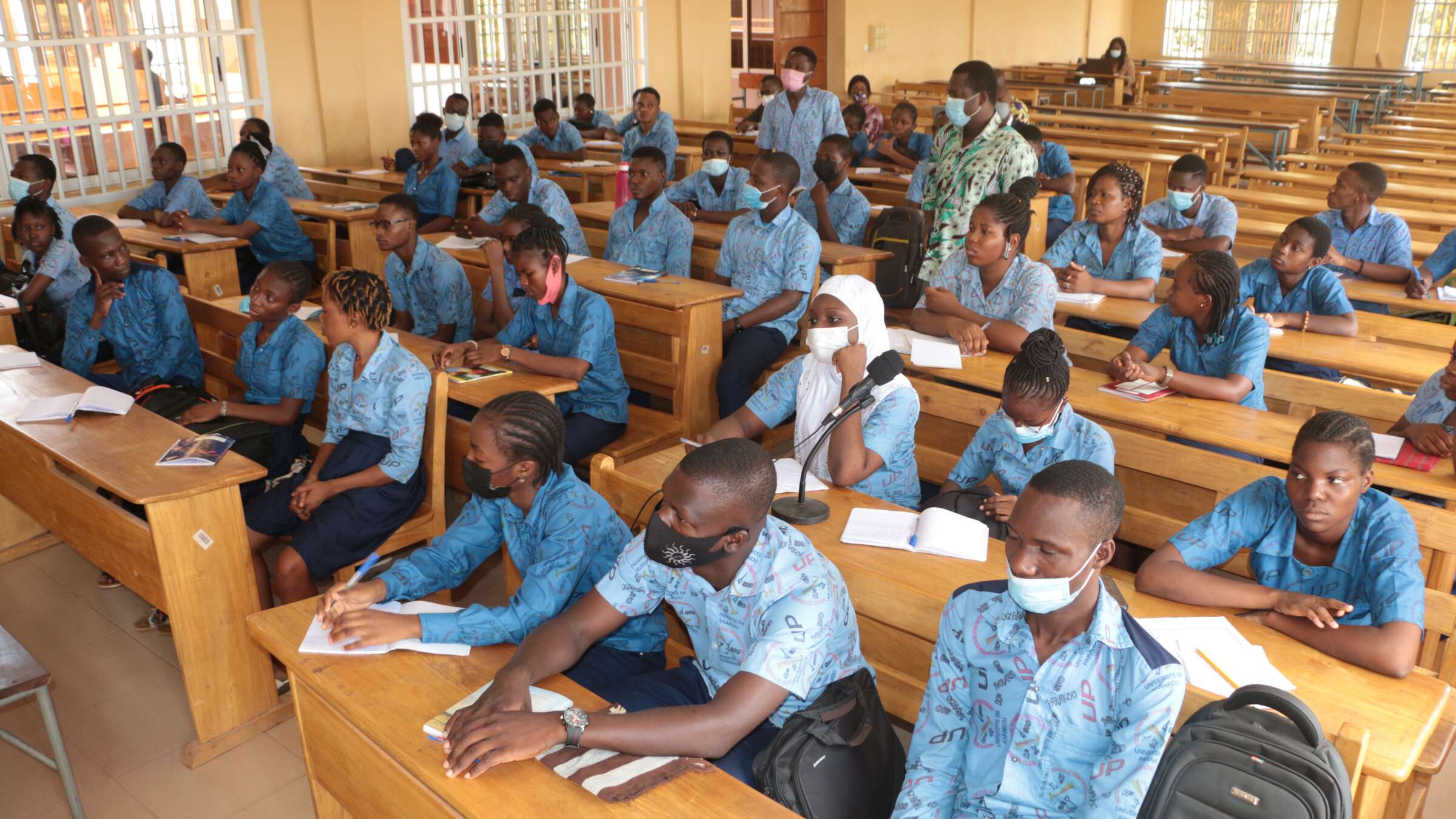.jpg?sfvrsn=ae8a7d6f_7)
INVESTMENT ROUND: IMPACT STORY
Thousands of additional children vaccinated in Bosnia and Herzegovina
WHO’s intervention reduces risk of disease in young children
 ©WHO Bosnia and Herzegovina
©WHO Bosnia and Herzegovina
6.7%
increase in first dose of MMR
8 out of 10
cantons nationwide seeing results
Thousands
of additional children protected
In April 2023, Bosnia and Herzegovina launched the Periodic Intensification of Routine Immunization (Project PIRI), prioritizing measles, mumps, and rubella (MMR) vaccinations for children. During COVID-19, many countries experienced dramatic setbacks in immunization rates.
Recent cases of measles and pertussis outbreaks in Bosnia and Herzegovina required a fast response to increase immunization rates among children. WHO and Bosnia Herzegovina prioritized measles, mumps and rubella vaccinations, protecting thousands more children from disease.
WHO supported the Project PIRI in Bosnia and Herzegovina as part of Delivering United Action for Better Health – a strategy for collaboration between the WHO Regional Office for Europe and Member States.
WHO provided financial support, and technical expertise to support the transition from paper-based immunization records to a state-of-the-art digital platform.
WHO also supported data management and real time monitoring of immunization coverage, leading to tailored interventions to improve coverage.
Importantly, WHO strengthened communication and cooperation among health authorities, which enhanced vaccination rates.
WHO provided ongoing technical expertise to ensure evidence-based implementation of strategies, and to achieve a sweeping, almost nationwide presence of Project PIRI across 8 out of 10 cantons.
Project Piri was also later implemented in the Republika Srpska in September 2023.
Immunization coverage increased nationwide, and parents and families became more aware and accepting of the importance of immunization, and this paved the way for other interventions.
Bosnia Herzegovina rolled out numerous campaigns as the project progressed including COVID-19 and flu vaccines, reminding parents of immunization timelines, and launching the HPV vaccine.
Financial backing from WHO came via the European Commission’s Directorate-General for Neighbourhood and Enlargement Negotiations (DG NEAR), allowing Bosnia Herzegovina to achieve nationwide impact on immunization rates in young children.
Return on investment
A fully funded WHO will enable the Organization to save 4.5 million lives through vaccination by 2028.
Improving vaccination coverage among children in Bosnia and Herzegovina is an example of WHO delivering on improving health service coverage and immunization coverage improved, contributing to WHO's Fourteenth General Programme of Work (GPW 14), strategic objective 4.2.
Funding the future
WHO’s support to Bosnia and Herzegovina to ensure the widespread vaccination of children wouldn’t have been possible without funding.
To continue to support initiatives like this, WHO needs sustainable financing, that is, predictable, flexible and resilient. This will allow WHO to have the greatest impact where it is needed most. Please support the WHO Investment Round.
/invest-visual-investing.png?sfvrsn=dbf748b9_20)

/ir-pie-chart-vaccination.tmb-1920v.png?sfvrsn=54ff767c_2)

